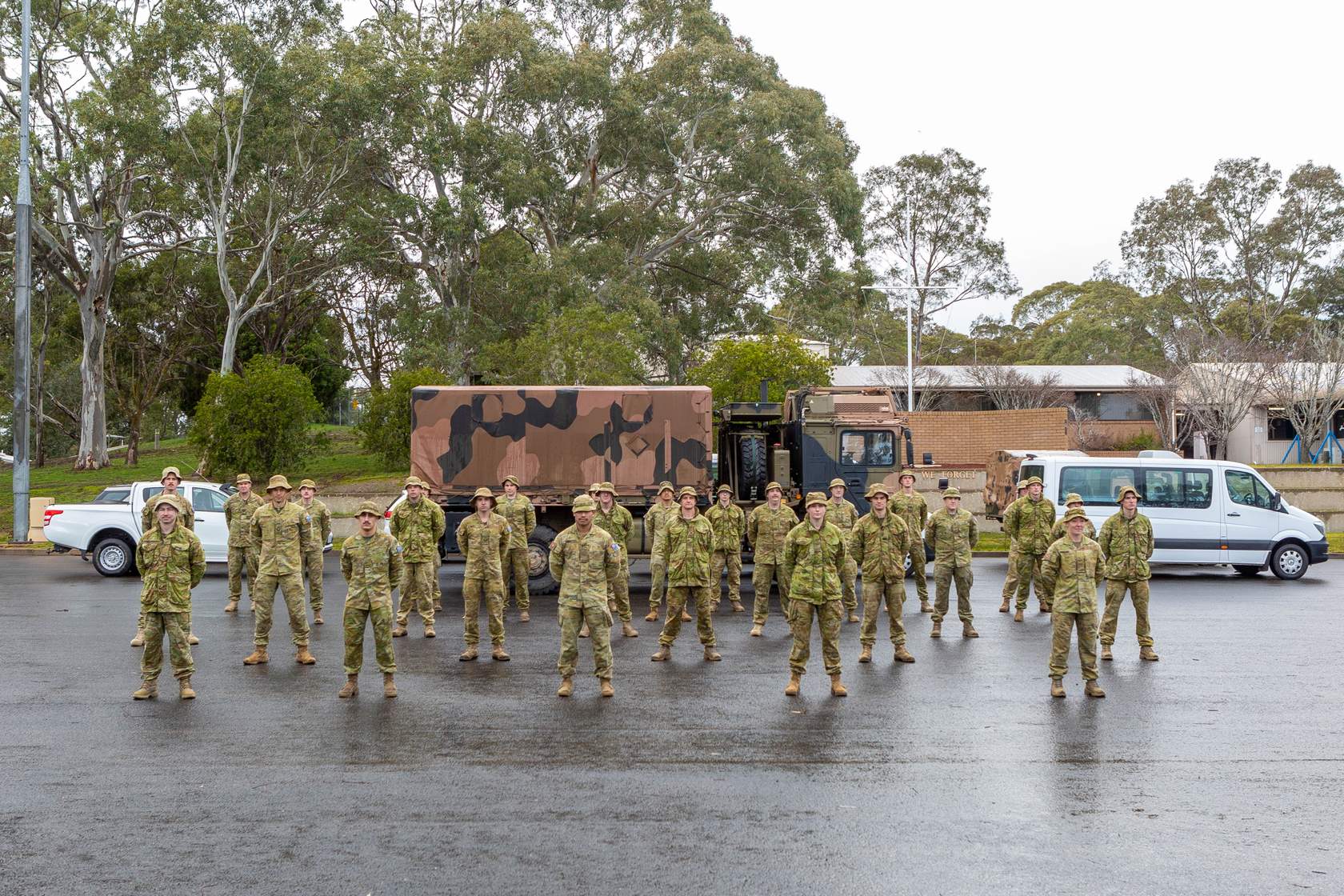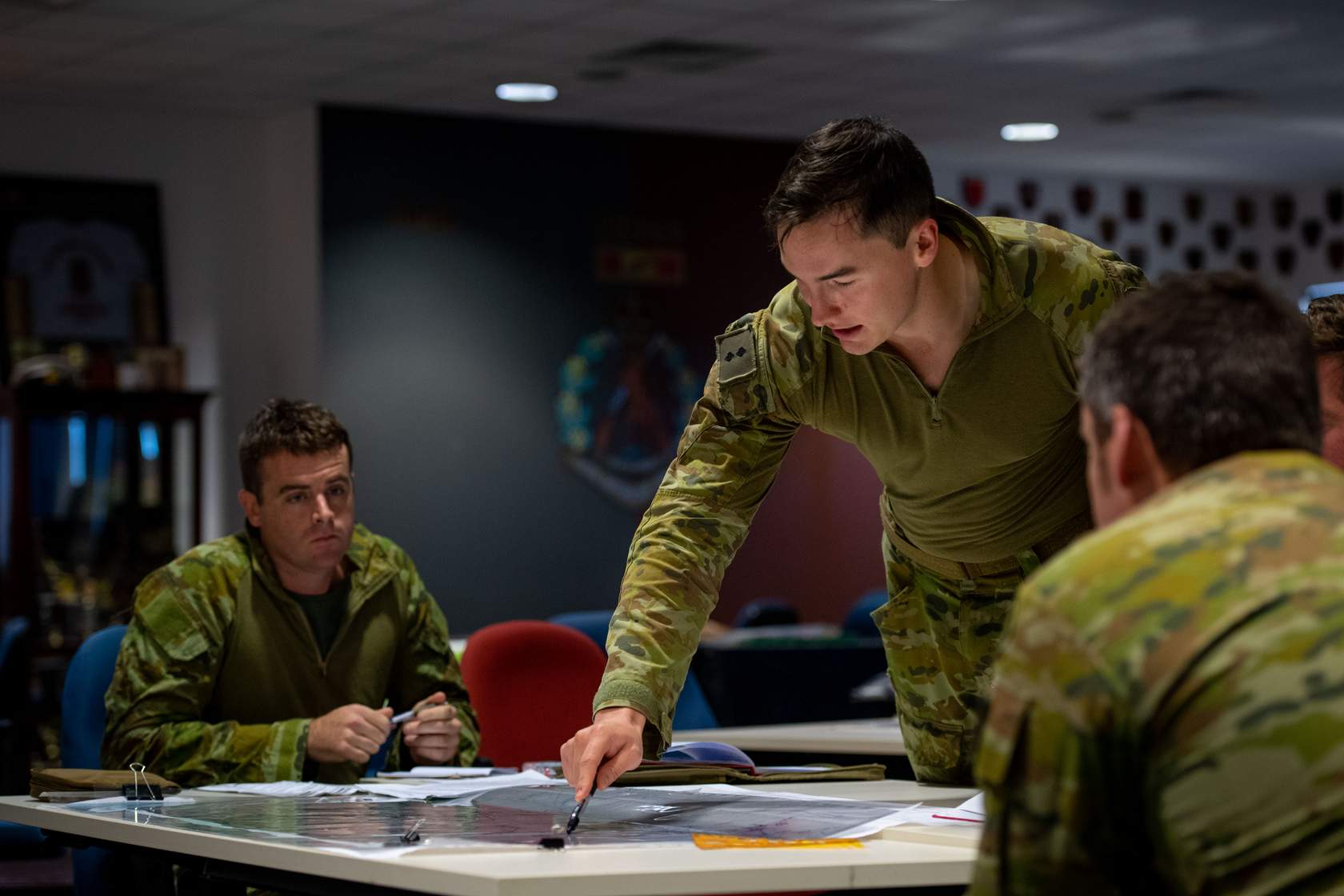33 High Reliability Organisations HROs 2 Versions
High Reliability Organisations
Now, we will explore in more detail the concept of High Reliability Organisations (HROs). You work in one. Mostly likely you live and breathe the reality of an HRO. Those who work in emergency care medical teams do so as well. So do first responders of all kinds. On a more personal note, in many ways families particularly with small children, might at times work just as HROs do.
Think about the characteristics of these organisations, and the way that teams in them work.
Karl Weick, a US psychologist, academic and consultant, has dedicated his life, along with his colleagues, to researching disasters and finding ways to help HROs to avoid them, or at least mitigate the degree of damage caused. He has created this set of principles about HROs.1,2
Before you start reading the set of principles, here is an example from The Cove that might give you a clearer picture of an HRO in action.
Principles of HROs
Principle 1
HROs treat any lapse in behaviour as a symptom of something being wrong with the system. They worry about a series of ‘small things’ that might combine and have severe consequences. They encourage the reporting of small errors and they think about ‘near misses’. They worry about complacency.
Overall we say that HROS are on the lookout for ‘weak signals’, of things that could escalate.
Principle 2
To get things done, we need often to break them into smaller chunks and focus on a few key issues. However, HROs also believe that ‘less simplification allows you to see more’2. This allows for nuance and looking at the complex and uncertain. These organisations try to see as much as possible in their environment, both literally and also conceptually.
One fascinating idea here is that when a team member in an HRO ‘sees’ something that is familiar, that is, they recognise something, the instinct is to be concerned rather than comforted. Are there bigger differences than are immediately obvious?
When you are working on projects, what are the implications of this concept? Oversimplifications can lead to drastic mistakes and shortcoming. Making assumptions that oversimply can be dangerous and life-threatening.
Principle 3
HROs are sensitive to front line operations. They worry about who is actually ‘getting stuff done’. They rely on situational awareness, and that way they can make adjustments as they notice things, events, and they rely on people speaking up! The saying goes that what is happening inside the heads must be known between heads! Coordination is the key.
Principle 4
There are very complex definitions of resilience. However an ‘action oriented’ definition might be: the ability to bounce back from failures, errors and setbacks, realise what happened, and get back to focusing on the task at hand. A really important fact here however, is that exhausted teams, either physically or emotionally, are less able to be resilient.
Recovery is an important part of resilience. Urgency and rest go hand in hand! Teams that are exhausted have less ability to think creatively and deal with the unexpected problems.
Resilience is essential to success in complex situations. Resilient teams focus on those small things, on keeping errors small, they look for workarounds, and they have deep knowledge of their teams, their capabilities, the system, and most importantly, themselves.
“Resilience is a combination of keeping errors small and of improvising workarounds that allow the system to keep functioning”.2
To do this, HROs and their teams focus on training, developing people with deep and varied skills and experiences and also making do with what they have at the time. Weick also suggests that those of us who have vivid imaginations and abilities to visualise are effective at resilience.
Principle 5
HROs encourage diversity in their teams. This helps them to notice more, and do more. And notice more and do more when the problems are more complex and uncertain.
Rigid hierarchies are more likely to make mistakes. Why is this? Because they tend to ignore the expertise that is spread about the team, and any errors or mistakes that happen at various levels of the organisation.
Successful teams share the decision making and make sure that the front line is engaged. Those who have the expertise, regardless of rank, are as important as those who are ‘higher up the command’ chain.
Here is an example from General McChrystal, from studies of teams in emergency rooms in military hospitals.3 When chief surgeons during complex and life-critical events were moved to the FOOT of a bed, over time cross-functional trauma teams emerged, that could do more, achieve more, in less time. Evaluation and other activities could happen simultaneously, and the ‘team of teams’ concept comes to play. The right expertise is in play at the right time. The front line is engaged. And the surgeon allows the team to perform.
A key insight for you here is that both authority and expertise are essential to good outcomes when the problems are complex and the issues are unexpected.
Reflection
High reliability organisations (HRO) are adept at managing the unexpected. These organisations manage for the unexpected by managing expectations. They do this by continually tracking small failures, resisting over-simplification, being sensitive to everyday operations, and are aware of and taking advantage of, shifting and changing expertise and capabilities.
Experts who are resilient can stay on top of operations and activities, despite repeated interruptions.
Carefully review the 5 characteristics of HROs.
Using your Reflective Journal, record an example of each of the characteristics of HROs. To help you complete this reflection, watch this short video from the Cove https://cove.army.gov.au/, that explains the use of After Action Reviews (AAR) in your context.
And an important note from Principle #4: “they have deep knowledge of their teams, their capabilities, the system, and most importantly, themselves.” Know yourself!
Overall, Weick says that HROs are experts in managing for the unexpected. They are hyper vigilant, and they are flexible, especially when they know that they are operating in complex and ambiguous environments.
Now that you know more about HROs and AARs, in the next section you get to practice a technique that is focused on ‘reading the room’. This technique will really help you and your teams to be more aware and to have a language and an understanding of the ‘roles’ that are important to achieving good outcomes, especially when you are under pressure.
References
- Weick, K. E. (1979). The Social Psychology of Organizing. McGraw-Hill.
- Weick, K. E., & Sutcliffe, K. M. (2011). Managing the Unexpected: Resilient Performance in an Age of Uncertainty. Wiley.
- McChrystal, G. S., Silverman, D., Collins, T., & Fussell, C. (2015). Team of Teams: New Rules of Engagement for a Complex World. Penguin Books Limited.
Integrating communication and good thinking

You need to carefully connect purpose, justification and action. Sound reasoning and critical thinking are the underpinnings of this sequence. Phase one of your reasoning and critical thinking principles are based on clarity, accuracy, precision and relevance. To do this well you can’t be misusing extrapolation. You must be really clear about noise, signals, correlation, and causation. And you need to be acutely attuned to the improbable.
To help you with these we now discuss mindfulness and small things. The idea of small things leads us to small wins.
Karl Weick, a US psychologist, academic and consultant, has dedicated his life, along with his colleagues, to researching disasters and finding ways to help organisations like yours to avoid them, or at least mitigate the degree of damage caused. He is a great advocate of awareness that leads to mindfulness.
This is Weick’s definition of mindfulness:
a rich awareness of discriminatory detail.
Karl Weick1
He writes that when people act they must be aware of context, differences among details, and things that are different from their expectations. He also builds a very strong visual image by saying that mindful people have the ‘big picture’, but it is a big picture in the moment.
In this unit, and others in Cove+ you may study, you will read about the nature of High Reliability Organisations, HROs. You work in an HRO. An HRO is an organisation that is built for and requires high levels of performance in settings where potential for error and disaster can be extreme, and where lives are at stake. These organisations must function reliably and ‘on demand’. They often experience unexpected problems and the expectation of these organisations is high.2

When you read about HROs you would realise that you are working in one.
You would also be aware that for you in an HRO, your business is being able to identify noise, signals, and the improbable.
The scene is set for you to spend some time learning about small things and small wins.
HROs treat any lapse in behaviour as a symptom of something being wrong with the system. They worry about a series of small things that might combine and have severe consequences. They encourage the reporting of small errors, and they think about ‘near misses’. They worry about complacency.

We say that HROS are on the lookout for weak signals, of things that could escalate. Weak signals are those little things that catch our attention and make us feel that something might be going wrong, or might be causing some concern, but aren’t major at the time. It can be something tangible like a rattle, or something that is slightly out of place. It can also be something that is a hint or clue. A preoccupation with failure isn’t saying that we should live in constant fear of the worst. It is saying that we need to mindful of those signals and make decisions about what to do.
Bus drivers are experts at picking up weak signals. They sense the road, they feel the overall mood of the passengers, they notice little things2. They know an awful lot about their routes and their towns and cities. They are aware when things are not quite ‘right’. They also know that their actions and reactions need to be commensurate with the situation and they need to get their jobs done.

